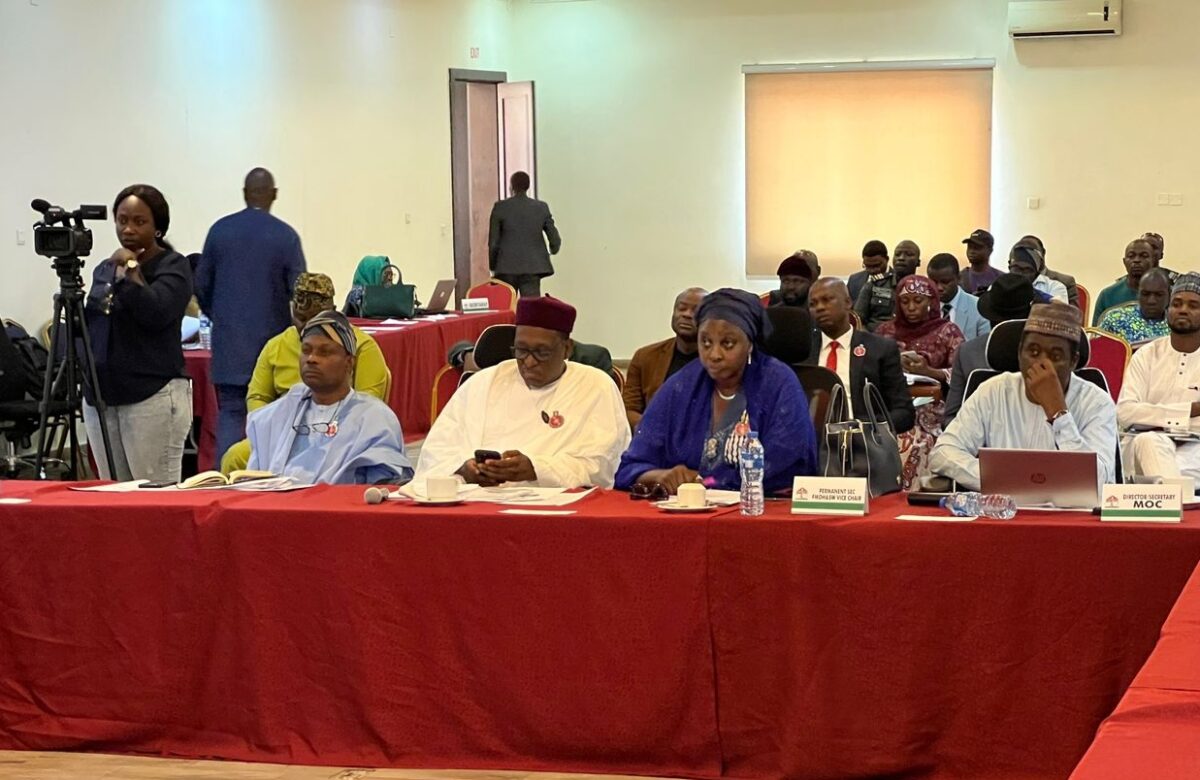
Epidemics unpreparedness attributed to lack of funding
- Health SectorHealth Security
- No Comment
- 260
In 2001, African heads of state met in Nigeria’s capital, Abuja, and pledged to allocate at least 15 percent of their respective annual budgets to health. It became what is now known as the Abuja Declaration.
The aim, among others, was to strengthen the health systems of the countries, make quality healthcare available and accessible to Africans while getting them ready to respond to not just epidemics but pandemics. But 21 years after, nothing has changed significantly, especially in Nigeria. While countries like Mauritius, Seychelles and Eritrea had met the target in 2011, and South Africa inched closer at 13.5 percent, Nigeria has consistently underperformed. In fact, the country has not only failed to meet the target but failed to allocate up to 10 percent of its annual budget to health. This has deep-cut impacts on health security and epidemic preparedness in a country of over 200 million people.
Analysis of the agency’s capital budget from 2013 to 2018 obtained from the office of Nigeria’s accountant-general showed that the NCDC got its highest capital budgetary allocation among the years under review in 2018 (N1.635 billion) but not up to 40 percent of that amount (N654.241 million) was released.
2015 was the worst year both in terms of the total amount allocated and the amount released: N224 million and N112 million. In 2013, N841.541 million was budgeted, but N500.655 million was released. It went drastically lower the next year with a N355.846 million budget for the agency, but less than half of the amount was released (N145.789 million). N248.507 million was budgeted for it in 2016 but N155.074 million was released. The figures went encouragingly high in 2017 to N1.565 billion. The same year witnessed the highest releases among the years reviewed: N782.551 billion.
The level of preparedness would, no doubt, determine how successful any infectious disease outbreak response would be. And this has serious implications. The inadequate funding the NCDC endured prior to the COVID-19 outbreak, experts say, contributed to some of the early difficulties it faced. In a Nigerian Tribune report in 2021, the then director-general of NCDC, Dr Chikwe Ihekweazu, told the Nigerian Tribune that despite the successes the agency recorded, the impacts of the inadequate funding before the outbreak affected their response, saying that, “we could have been better prepared when COVID-19 came.”
Experts said some of the things that were hurriedly put in place could have been done if the government had prioritised healthcare funding. For instance, N31 billion (more than 13 times the N2.350 billion the government released to the NCDC from 2012 to 2018) was spent in the first four months of the COVID-19 outbreak response, according to the Federal Government. A significant portion of the funds was spent on materials and equipment, which were purchased at inflated prices because of the high demand at the time.
Culled from Nigerian Tribune
https://tribuneonlineng.com/how-lack-of-preparedness-spikes-cost-of-responding-to-epidemic-outbreak/





